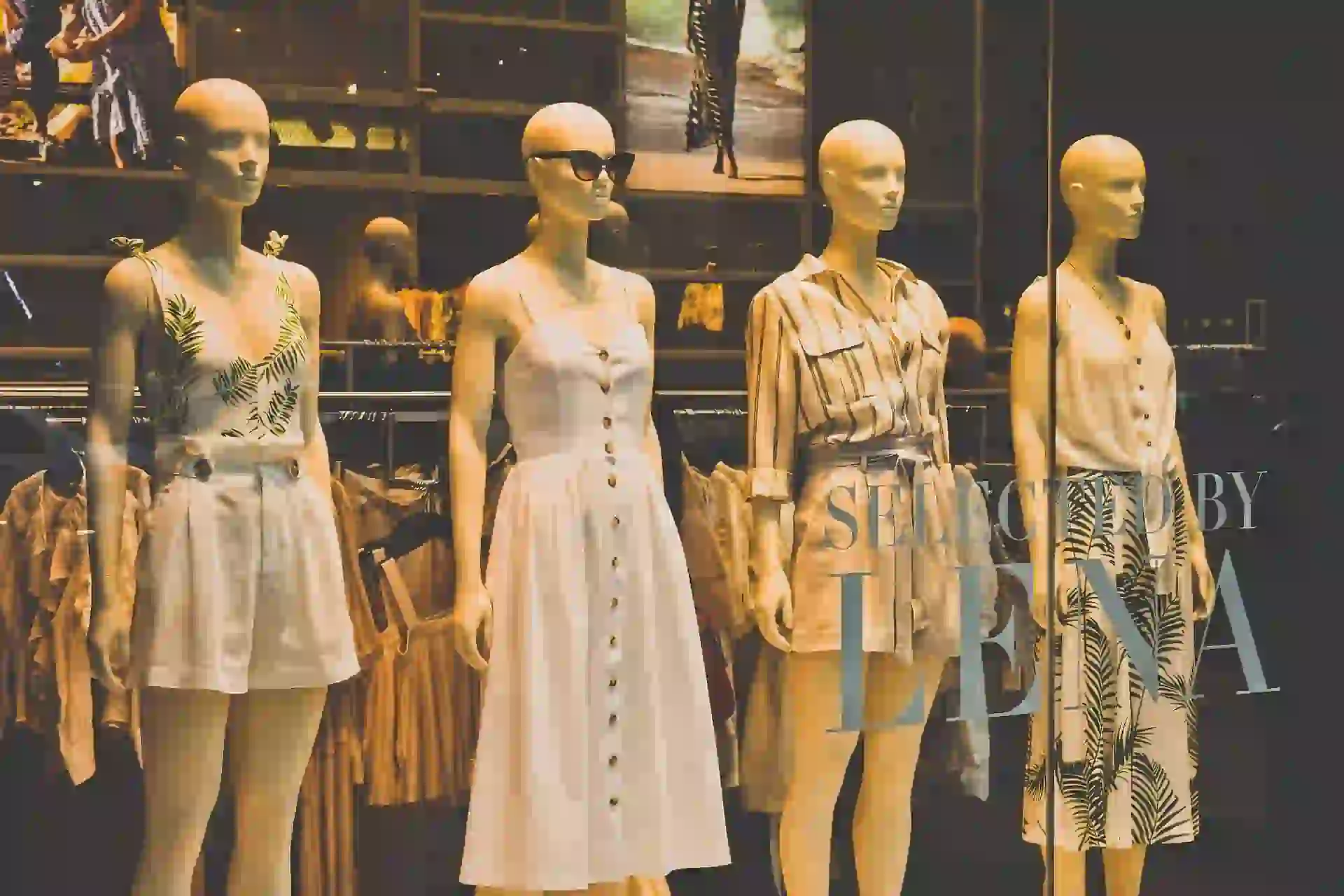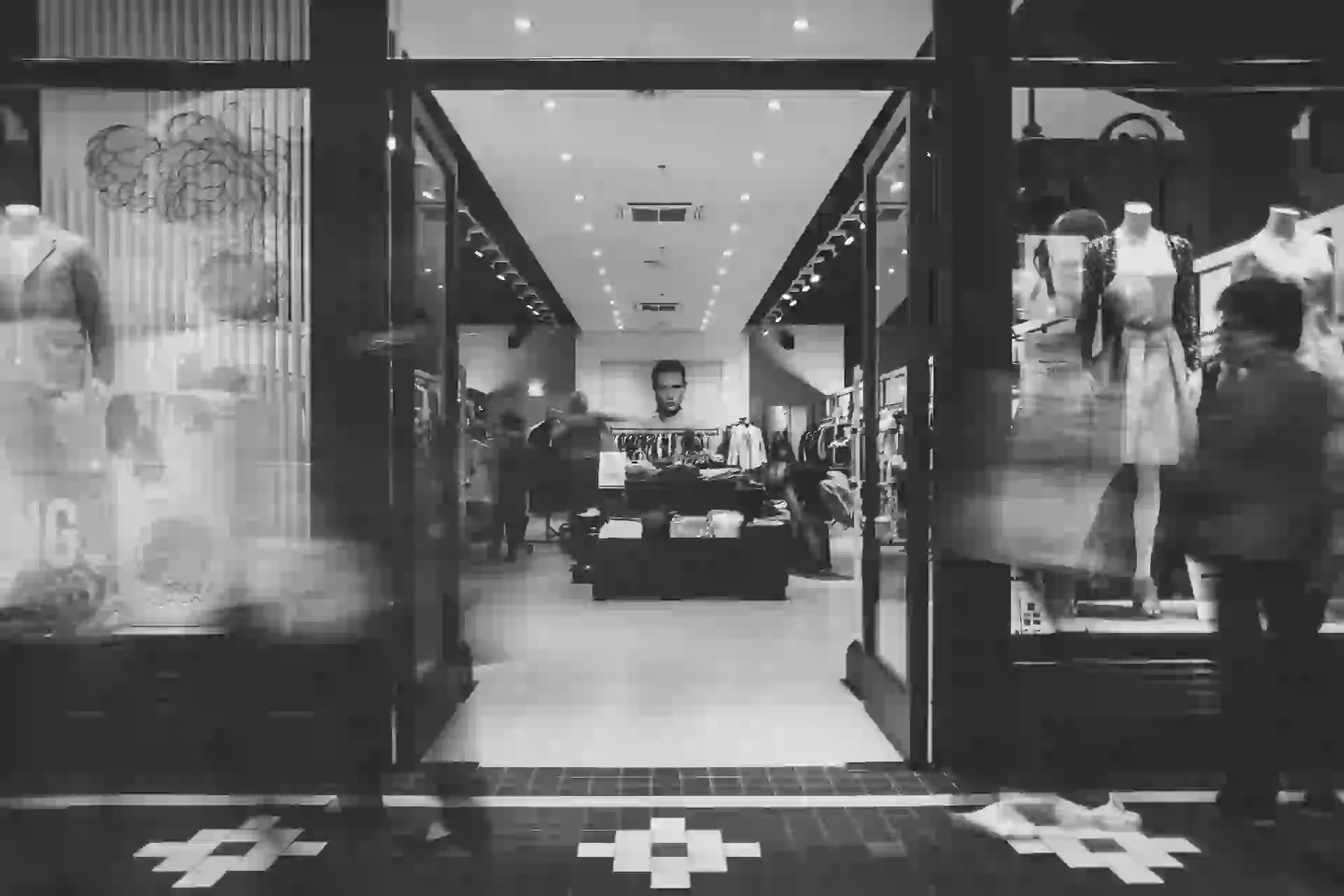The textile and fashion industry is one of the sectors most affected by the pandemic as it had to close stores. In the face of the worldwide health crisis, most companies have tried to adjust their production to the changes and are taking action to deal with the current situation. A study carried out by Oliver Wyman on the Chinese market has brought to light a number of guidelines that can serve as a reference point for the fashion, logistics and retail sector in general at the moment.
Swift decisions and actions to deal with Covid-19
The first step is to set aside the strategic plans of the business and develop a crisis plan. Certain textile companies are internally managing supply chain constraints and increasing stock due to not being able to sell their products, but it becomes increasingly complicated as the state of alarm continues over time. Therefore, swift actions must be taken, and above all you must have transparent information about the stocks, suppliers, departments and areas of your business to make decisions effectively, where technology and the degree of digitisation of companies is key. In other words, readjust stocks and demand to adapt them to the current situation of Covid-19. Swift decisions should be aimed at ensuring the availability of high-demand items and their replenishment.

Communication with clients is essential for the fashion industry
Communication with clients and with different stakeholders is of vital importance especially in these hard times. Furthermore, it is time to ensure an optimal online experience. Brands must strengthen their digital marketing actions above all else and have their website optimised to manage peaks in demand; also they must readjust their operational capacity as the case may be (distribution centres, logistics, transport) to minimise costs and optimise the online offering to provide attractive products to the largest number of clients.
Fashion and lifestyle brands need to establish clear and close communication with their clients. Now is the time to remind them and convey to them the brand values and steps they are taking to safeguard the well-being of their employees and maintain service.
Connect with your most loyal clients to strengthen the relationship and hold onto them when they reopen stores. In this sense, the textile sector director of Kantar, Rosa Pilar López, highlights communication as one of the most important points to face the situation generated by covid-19 in the fashion sector: “Social media allows us to get close to our clients on a much more emotional level. We have to communicate in line with what we want to convey (…). It is in your hands to offer that other look to the consumer”.

Rising solidarity and corporate social responsibility
In this exceptional situation, corporate social responsibility is also fundamental and companies in the textile sector have not been left out. The majority of the sector has adapted their activity to help combat the crisis by creating protective masks and accessories for healthcare workers, staff in homes for the elderly and in occupational centres. Now we have the opportunity to use facts to demonstrate the values of the brand and be more present than ever in the lives of consumers.
Other actions that the fashion retail sector should take into account is to analyse the new style of consumption of clients and reassess the supply of articles and add-ons for the rest of the year. The weeks of closure of the stores will have an impact on the recovery of the textile and clothing sector. Companies should present their products in the short term, before consumers find alternatives in the competition.
Companies in the retail fashion sector should make their services more flexible to support brands in this situation and work together to plan the next steps to try to adapt their business model to what may happen after the state of alarm.
What will be the future of retail after Covid-19?
No one knows how complex the future will be, but the fashion industry must be prepared to face new challenges.
The first consequence of this crisis is going to be the search for systems to outsource risk and gain flexibility to deal with future complex situations.
Laureano Turienzo, president of the Spanish Retail Association (AER), has given his opinion ( El Confidencial newspaper ) on this matter:
- Consumption will be promoted through discounts and incentives by both companies and the government through tax measures.
- E-commerce platforms will be strengthened. During the healthcare crisis, large distributors with online management have experienced complications and have been at the limit of their possibilities in meeting the high demand for items.
- Customers will be more focused on the price of the item. Therefore, the only way to compete is in service (customer service, communication of brand values) and care for the environment.
- The renting of consumer goods or second-hand products will increase in the upcoming months. Distributors will enable part of their facilities (as part of the retail sector did with click & collect) for the renting of such items.
- Supply chains will be more flexible and closer to the consumer.
At this very difficult time, the companies of the fashion sector, which measure the execution of their actions with foresight and caution, will be especially strengthened against the crisis. The launch of communication campaigns during and after the coronavirus as the development of new strategies to manage clients will become key factors in adapting the fashion retail sector to our new reality.

